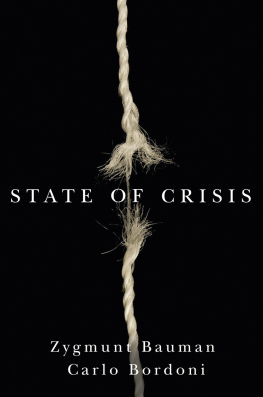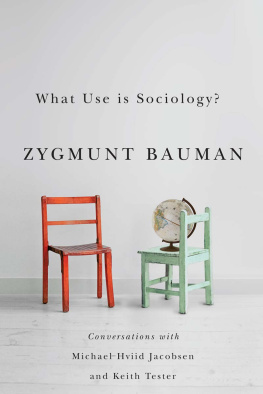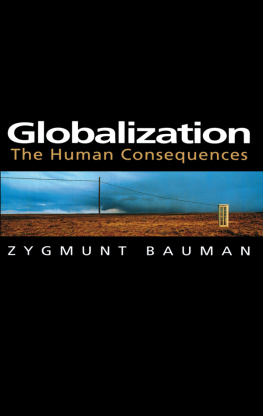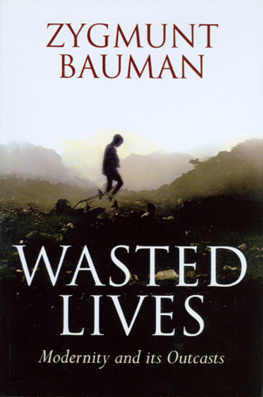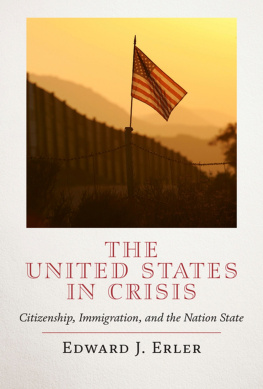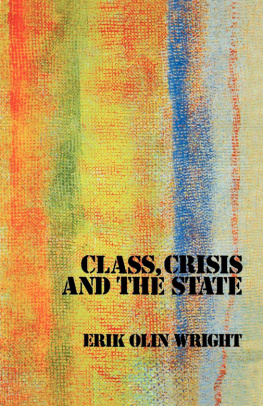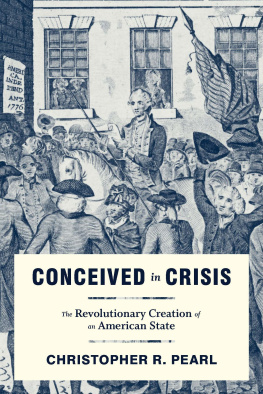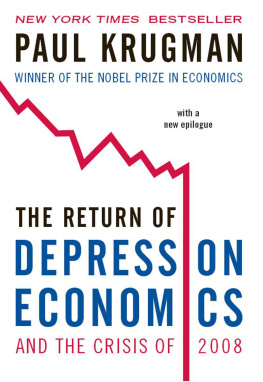
Table of Contents
Copyright Zygmunt Bauman and Carlo Bordoni 2014
The right of Zygmunt Bauman and Carlo Bordoni to be identified as Authors of this Work has been asserted in accordance with the UK Copyright, Designs and Patents Act 1988.
First published in 2014 by Polity Press
Polity Press
65 Bridge Street
Cambridge CB2 1UR, UK
Polity Press
350 Main Street
Malden, MA 02148, USA
All rights reserved. Except for the quotation of short passages for the purpose of criticism and review, no part of this publication may be reproduced, stored in a retrieval system, or transmitted, in any form or by any means, electronic, mechanical, photocopying, recording or otherwise, without the prior permission of the publisher.
ISBN-13: 978-0-7456-8094-1
ISBN-13: 978-0-7456-8095-8 (pb)
ISBN-13: 978-0-7456-8529-8 (epub)
ISBN-13: 978-0-7456-8528-1 (mobi)
A catalogue record for this book is available from the British Library.
The publisher has used its best endeavours to ensure that the URLs for external websites referred to in this book are correct and active at the time of going to press. However, the publisher has no responsibility for the websites and can make no guarantee that a site will remain live or that the content is or will remain appropriate.
Every effort has been made to trace all copyright holders, but if any have been inadvertently overlooked the publisher will be pleased to include any necessary credits in any subsequent reprint or edition.
For further information on Polity, visit our website: www.politybooks.com
Preface
An essay written by four hands. Starting with the definition of crisis, this book develops along a path through the various forms taken on by the most serious problems of our changing times. It analyses current society according to Zygmunt Bauman in collaboration with Carlo Bordoni.
The basic thesis of this book is that the crisis facing the Western world is not temporary, but the sign of a profound change that involves the whole economic and social system and will have long-lasting effects. Bordoni theorizes a crisis of modernity and postmodernity, representing a contentious interregnum (a time-limited phenomenon that has left its aftermath in the present), while Bauman proposes new solutions within the framework of his theory of liquid society.
The final objective of this work is an original and previously unpublished analysis of the current condition of Western society, involving different aspects: from the crisis of the modern state to representative democracy, from neoliberal economics to the ongoing exit from mass society. A lively debate at a distance on the issues of the liquid society and an attempt to understand the present in order to prepare for the future. A sort of dictionary of the crisis, in which all the topics associated with it are discussed by the authors in an original way.
The authors are grateful to John Thompson for his encouragement and advice and wish to thank Elliott Karstadt, editorial assistant, Neil de Cort, production manager, and Leigh Mueller, copy-editor, for their professional help; moreover, Carlo Bordoni wants to thank Wendy Doherty for her careful help in translation of his text.
Crisis of the State
In the twenty-first century, what will replace the nation state (assuming it is replaced by something) as a model of popular government? We do not know.
Eric J. Hobsbawm
A definition of crisis
Carlo BordoniCrisis. From the Greek word , judgement, result of a trial, turning point, selection, decision (according to Thucydides), but also contention or quarrel (according to Plato), a standard, from which to derive criterion, means for judging, but also ability to discern, and critical, suitable to judge, crucial, decisive as well as pertaining to the art of judgement.
A word that occurs frequently in newspapers, on television, in everyday conversation, which is used to justify, from time to time, financial difficulties, increases in prices, a decrease in demand, a lack of liquidity, the imposition of new taxes or all these things taken together.
Economic crisis is according to dictionaries a phase of recession characterized by a lack of investments, a decrease in production, an increase in unemployment, a term that has the general meaning of unfavourable circumstances, often linked to the economy.
Any adverse event, especially concerning the economic sector, is blamed on the crisis. It is an attribution of responsibility absolutely depersonalized, which frees individuals from any involvement and refers to an abstract entity sounding vaguely sinister. This is because, some time ago, the word crisis lost its original meaning and has since taken on a purely economic connotation. It has replaced other words that have been abused historically, such as conjuncture, which was often used in the 1960s and 1970s, when the general economic situation was more optimistic, and gave way to seasons in which mass consumerism reigned undisturbed.
Experiencing a period of conjuncture was considered to be a painful but necessary transition in order to reach a new phase of prosperity. It was a time of adjustment in which to prepare the ground, refine strategies and recharge in order to regain strength and security and negotiate bargain deals as soon as things stabilized.
Conjuncture was a short period compared to all the rest. The term already implied a positive attitude that was confident about the immediate future, in contrast to other terms commonly used to indicate the economic difficulties in the past. After the Wall Street Crash of 1929, the Great Depression set in. Still today, this term, in comparison with conjuncture, evokes doomsday scenarios, and suggests a severe, long-term recession, combined with deep existential distress something from which it is extremely difficult to recover, marked by the inevitable psychological implications.
The most serious crisis of modernity, that of 1929, which caused the stock-exchange collapse and gave rise to a chain of suicides, was skilfully resolved by applying the theories of Keynes: despite the deficit, the state invested in public works, employing labour at a time when there was no work to be found and companies were having to let people go; orders were stimulated and breathing space was given to industry, thus restarting the flywheel of the economy. However, the current crisis is different. The countries affected by the crisis are too far indebted and do not have the strength, perhaps not even the instruments, to invest. All they can do is make random cuts, which have the effect of exacerbating the recession rather than mitigating its impact on citizens.
Today we prefer to speak of crisis rather than conjuncture or depression. It is certainly a more neutral term that has been used in many other contexts, apart from an economic one, and is therefore rather familiar. From matrimonial crises that upset the life of a married couple, to adolescent crises that mark the transition from puberty to adulthood, crisis conveys the image of a moment of transition from a previous condition to a new one a transition which is necessary to growth, as a prelude to an improvement in a different status, a decisive step forward. For this reason it strikes less fear.
As can be seen, crisis, in its proper sense, expresses something positive, creative and optimistic, because it involves a change, and may be a rebirth after a break-up. It indicates separation, certainly, but also choice, decisions and therefore the opportunity to express an opinion. In a broader context, it takes on the meaning of the maturation of a new experience, which leads to a turning point (on a personal level as much as on a historicalsocial level). In short, it is the predisposing factor to change that prepares for future adjustments on a new basis, which is by no means depressing, as the current economic impasse shows us.

